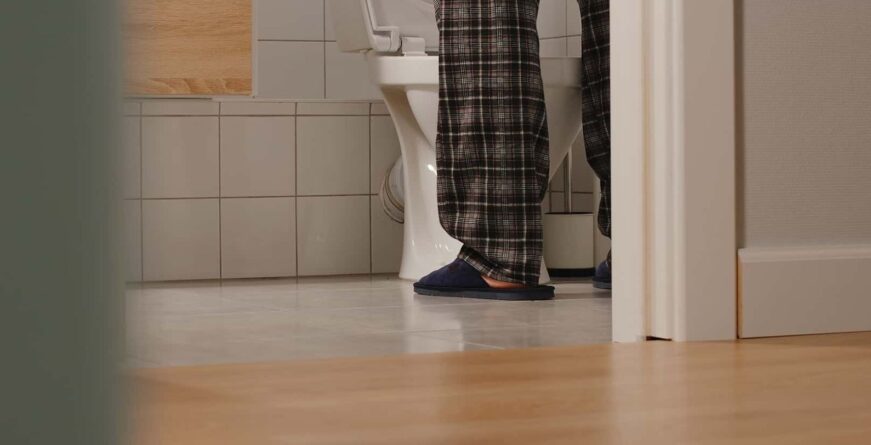Overactive bladder (OAB) causes frequent and sudden urges to urinate, and those urges can be difficult to control. The unintentional loss of urine (urinary incontinence) and urine leakage are also signs of an overactive bladder. OAB affects up to 30% of men at some point in their life. With an overactive bladder, the bladder muscles and nerves fail to operate properly, resulting in frequent signals to the brain to contract bladder muscles to release urine. Patients with OAB may experience an almost constant urge to urinate, interfering with everyday life.
Suffering from an overactive bladder can cause embarrassment, leading to isolation or placing limits on your work or social life. The frequent need to urinate during the night can lead to sleep deprivation, leaving you feeling tired and more prone to mental health issues like depression. The good news is that your doctor can determine whether you have OAB and guide you to strategies to help you manage the disorder.
Symptoms of Overactive Bladder
The primary symptom of OAB is a strong, urgent need to urinate. Men often feel as if they have to urinate urgently and worry about leaking urine before reaching the bathroom. Other symptoms include:
- Frequent urges to urinate
- A feeling that you are unable to empty your bladder completely
- Leaking urine
- Loss of control of your bladder before reaching a bathroom
- Waking up more than once in the night to urinate
Men may feel embarrassed to discuss these symptoms, but the condition is common, and your doctor can help determine the cause and provide solutions to help reduce the frequent urge to urinate.
Main Cause of An Overactive Bladder

Benign prostate hyperplasia (BPH), also known as an enlarged prostate, is responsible for two-thirds of overactive bladder cases in men. Prostate surgery, while not usually necessary for BPH, may alleviate the symptoms of an overactive bladder. The prostate surrounds and can compress the urethra. The urethra is the tube through which urine passes from the bladder out of the body. Bladder stones, a bladder infection, and bladder cancer can all cause symptoms of overactive bladder. Some neurological conditions, such as a stroke, Parkinson’s disease, and multiple sclerosis, can result in nerve damage that results in symptoms of OAB. Your doctor will help determine the cause of your OAB before determining the best course of treatment. Hormonal changes, weakened pelvic floor muscles, and some medications can also contribute to an overactive bladder.
Treatment Options for Overactive Bladder

OAB can often be managed with behavioral strategies, such as timed voiding, bladder-holding techniques, and dietary changes. Kegel exercises can help strengthen the pelvic muscles, reducing the symptoms of overactive bladder.
Certain food and drinks can irritate the bladder and make symptoms worse. These include:
- Caffeine
- Chocolate
- Alcohol
- Artificial sweeteners
- Spicy foods
- Citrus fruits
- Soda
If food and drink elimination does not alleviate the problem, your doctor can teach you bladder training exercises to improve the symptoms.
For men whose OAB is caused by an enlarged prostate, a class of drugs called alpha-blockers may help relax the surrounding muscles, reducing the blockage of urine. There are other medications that can be used to help manage the symptoms of OAB by reducing spasms in the bladder. Nerve stimulation can help with irregular signals that trigger the symptoms of OAB. The process is called neuromodulation therapy. A small device is implanted near the tailbone, delivering electrical impulses to the nerves that supply the bladder.
With the help of a qualified physician, OAB can be managed. For more information or to schedule an appointment, contact us for a free phone consultation.


